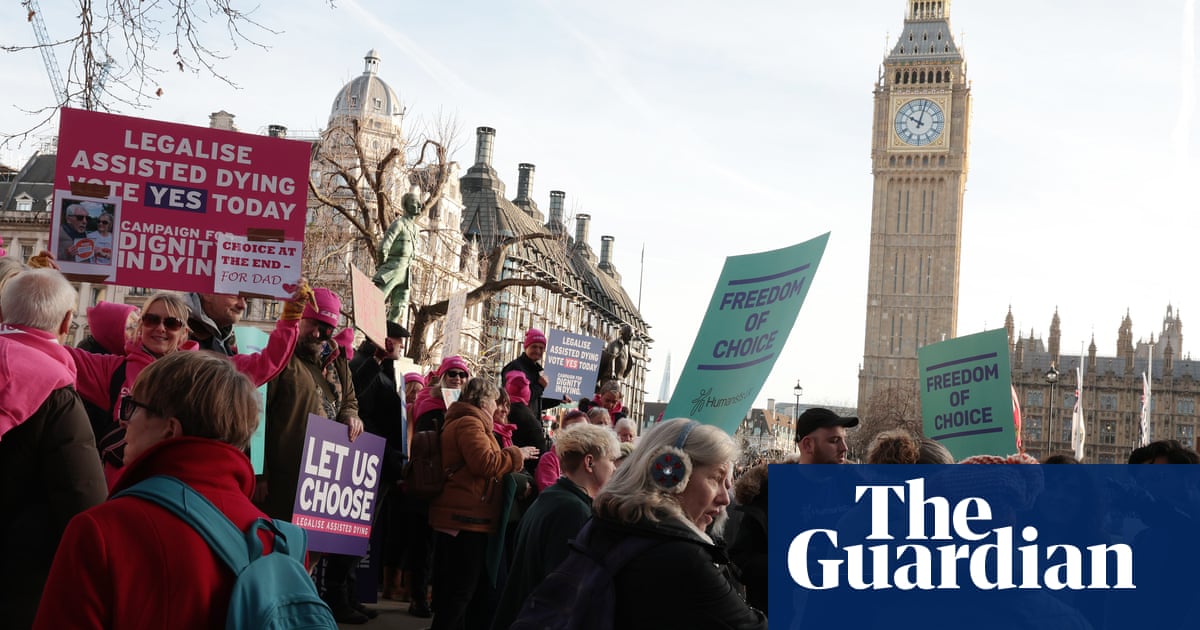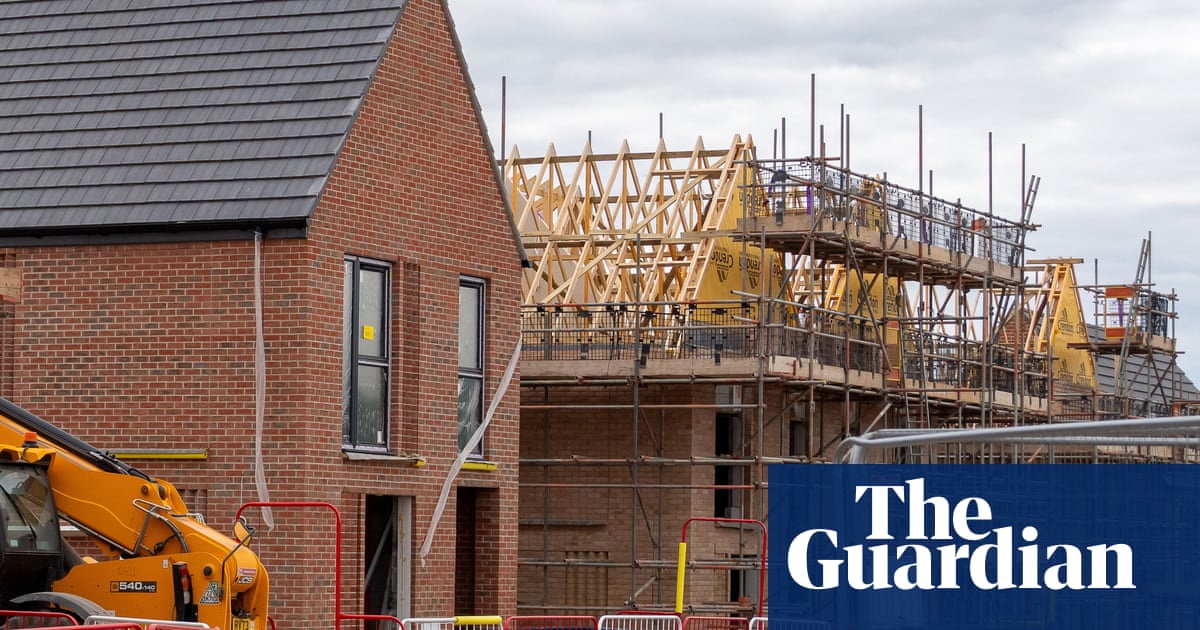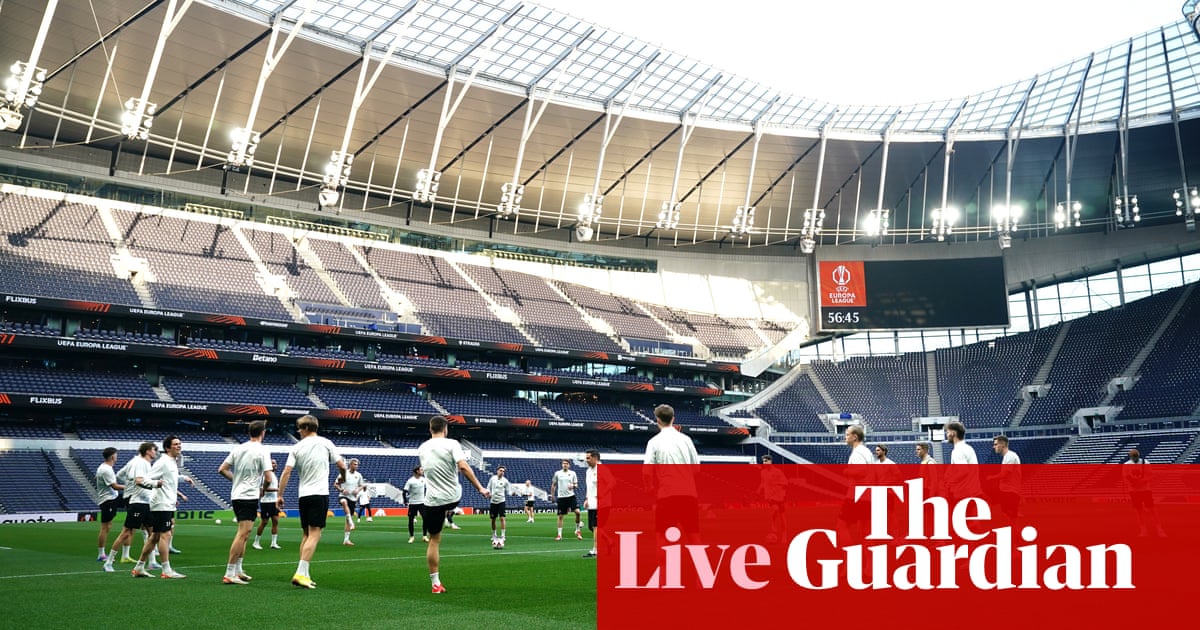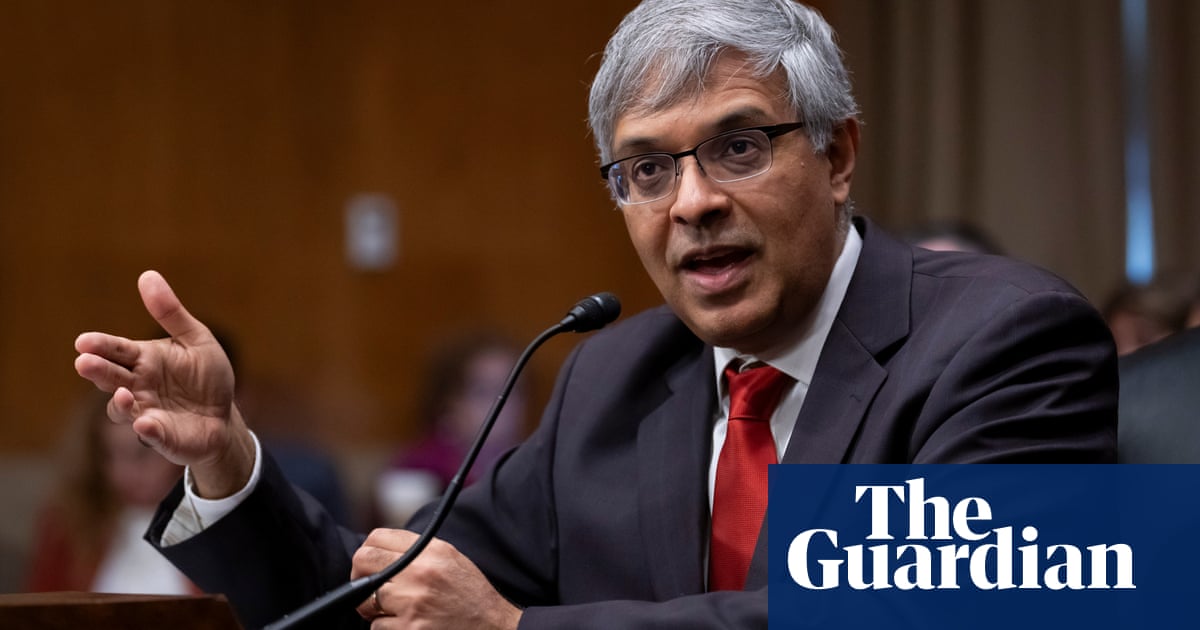On his release from prison earlier this year, after serving three years for a crime he didn’t commit, 21-year-old Ade Adedeji had only one thing on his mind – a trip to Burger King.
“The first thing I wanted to do was eat a Burger King. And hug my family, of course,” he said. “I thought I was getting out in 2027, so I had planned out the first three days. But then it happened so unexpectedly, and everything was just mad.”
Along with 10 other black teenagers in Manchester, he was jailed in 2022 for supposedly being part of a violent conspiracy after sending a handful of messages in a group chat, in a case that prompted widespread outrage.
His conviction was quashed in January after new evidence showed he was wrongfully identified in a drill music video, which had been presented to the jury as evidence that he was a violent gang member.
Adedeji said this was plainly not true. He was head boy at school, a youth leader, and had offers to study law at university and plans for a book.
“I feel like it has got to do with race, because if a white person said [what I said], I don’t think they’d be in the same position as me. They wouldn’t,” Adedeji said. “But because I’m perceived as black, I’m seen as aggressive, a gang member. Well, I’m not.”

Adedeji said he could vividly remember the moment in January when he was told he would finally be going home after spending more than three years – about 1,183 days – in prison.
“I didn’t believe it. I remember tearing up. The whole wing, the whole jail, knew about my case, everyone was rooting for me,” he said. “So when the news came in, the place just erupted. Everyone was smiling, laughing, music was playing.”
Telling his mother the news was a particularly special moment. “I said: ‘Mum, come pick me up. I’m coming home.’ She just started crying and crying,” Adedeji said. “The last time I heard my mum cry like that was when I got found guilty. With families, when one person goes into jail, you feel like you’re doing that sentence with them. So it’s like her sentence ended at the same time.”
He was sitting with his barrister, Keir Monteith KC, for the first time since the successful appeal against his conviction, before they took part in the Stephen Lawrence Research Centre’s annual lecture at De Montfort University in Leicester.
The pair discussed the “bittersweet” feeling that while Adedeji got the result he was hoping for, his friends didn’t: two others had their sentences reduced, and four others had their convictions and sentences upheld.
“From a moral and legal point of view, all convictions should be quashed in this case,” said Monteith. “The prosecution were using, predominantly against young lads of good character, evidence that wouldn’t see the light of day if they were white young lads.”

Monteith is a founding member of the campaign Art Not Evidence, which is calling for a stop to rap lyrics and music videos being used as evidence in UK trials.
“I’m pretty sure they had about a day playing drill tracks in the court,” he said. “The prosecution made the assertion that the evidence showed they were involved in a gang. But they didn’t have a police officer saying that, they didn’t have an expert saying that.
“Things like where [Ade] lives, his interest in music, who he knocks around with – that’s enough to prove he’s in a gang?”
Adedeji said he felt the older generation didn’t know what drill rap was, and “perceive it to be a bad thing”. He said: “But it’s not, it’s just people expressing their feelings. It would be a poem or spoken word if the beat wasn’t so hard, and that wouldn’t be a problem.”
after newsletter promotion
The teenagers were accused of conspiring to murder or seriously harm people they believed had been responsible for killing one of their friends, an aspiring rapper called John Soyoye. None of those named as targets in a group chat were hurt, although two of the other defendants did go on to attack other boys.
Adedeji, then 17, only posted 11 messages in the chat, one of which was a postcode for where one of the alleged targets lived, although nothing happened at that location.
When he was sentenced to eight years in prison, Adedeji was 19 years old. He has emerged from the prison system at 21, having missed out on a significant portion of his transition into adulthood.
“I’ve not had a youth. I’ve not done certain things that most teenagers have done. I’ve never been clubbing, I’ve never been on a lads’ holiday, I’ve never had a cocktail, I haven’t got my driving licence,” he said. “I’ve missed out on so many things due to the fact that I was in prison for something I didn’t do. Excuse my French, but it’s fucked up my life.”

Because his conviction was quashed, he hasn’t received the support offered to offenders leaving prison, and returning to his old life has been a slow process.
“Most of the things that I said I was going to do, I’ve still not done, because I’m still readjusting to being outside,” he said. “One thing I have been doing is walking to the shops, because you don’t have that privilege to walk wherever you want inside a prison.
“I’m just not so focused on the bigger things any more. I’m more focused on the little things, because when you’re inside, you realise what really matters to you – spending time with your friends, your family, and enjoying life. Because I’ve had too much stress in my life already.”
Adedeji does, however, want to go to university to study law and write a book about how the judicial system affects children of colour.
“My case had so much publicity, which I’m thankful for, because otherwise I’d just be one of them kids still stuck inside doing my sentence,” he said. “So I need to get out there and talk about it. There’s no rehabilitation in jail, it’s designed for us young people of all colours to fail.
“They’re closing down youth centres and building more prisons. How does that make sense?”

.png) 5 hours ago
4
5 hours ago
4













































